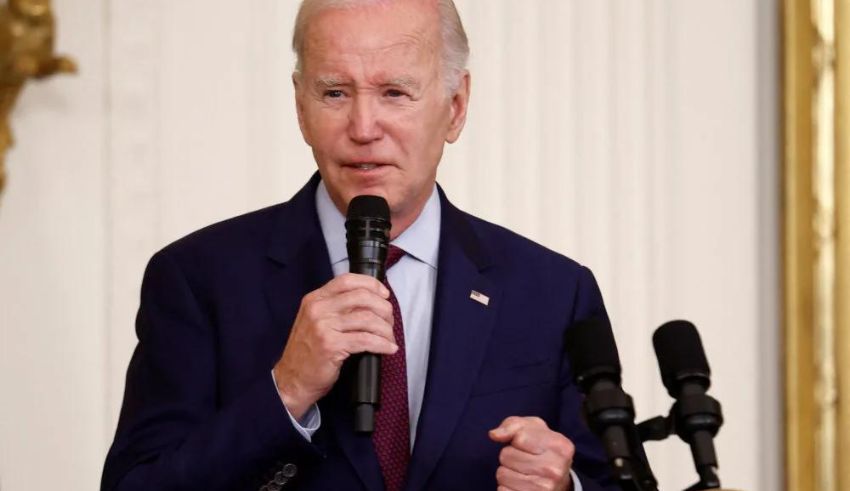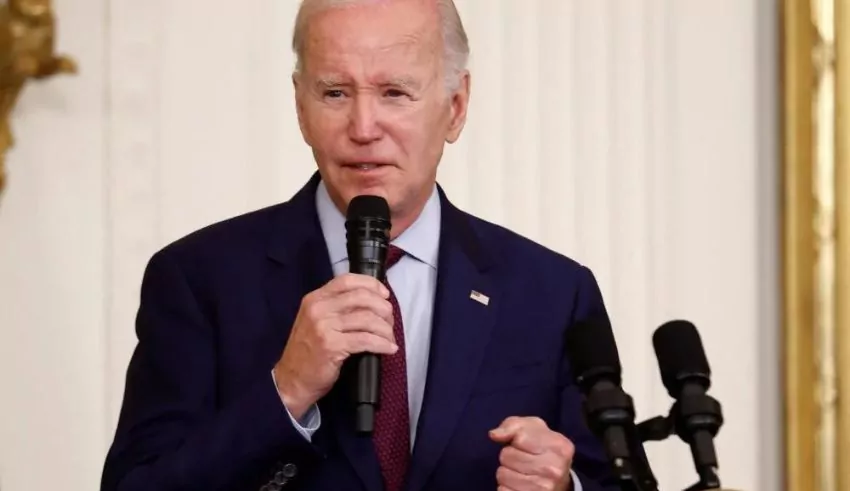

(C) Rappler
Biden’s Upcoming Vietnam Visit Sparks Questions As President Joe Biden prepares to visit Vietnam on September 10 after the G20 summit in India, questions arise about the United States’ strategic priorities in the region.
The choice to visit Vietnam over attending key regional meetings hosted by Indonesia highlights the evolving dynamics in Southeast Asia and the importance of bilateral relationships in a complex geopolitical landscape.
Karine Jean-Pierre, White House press secretary, emphasized Vietnam’s importance as a key partner as the US attempts to enhance ties in the area.
The strategic relevance of Vietnam in the US-led attempts to offset China’s influence heightens the significance of Biden’s visit.
President Biden’s decision to skip the U.S.-ASEAN and East Asia Summits hosted by Jakarta raises eyebrows and underscores the shifting strategic focus.
Vice President Kamala Harris will represent the U.S. at these meetings. The situation highlights the complexity of managing diplomatic priorities in an evolving global landscape.
Vietnam’s journey to upgrade its ties with the U.S. marks a notable step in the bilateral relationship. Unlike Indonesia, which has been a U.S. strategic partner since 2015, Vietnam has taken a gradual approach, recently agreeing to elevate its ties after a decade of comprehensive partnership.
This move showcases Vietnam’s readiness to deepen its engagement and reflects its interest in high-technology sectors pivotal to the U.S.-China rivalry.
Despite ideological alignments and common governance systems, Vietnam’s relationship with China is strained by territorial conflicts in the South China Sea.
The increased assertiveness of Beijing has forced Vietnam to diversify its diplomatic contacts and strengthen its capabilities, particularly in the marine area. The U.S.’s support in maritime security initiatives reinforces Vietnam’s pursuit of sovereign interests.
President Biden’s visit echoes his campaign reception comments, emphasizing the importance of cultivating relationships to signal unity against external challenges, especially concerning China.
While Indonesia balances its foreign policy between major powers, Vietnam’s alignment with the U.S. speaks to its strategic priorities and the signal it sends to China.
President Biden’s upcoming visit to Vietnam highlights the region’s shifting dynamics and goals. The choice of location underscores both Vietnam’s strategic relevance in the larger geopolitical landscape and the United States’ determination to establishing partnerships with key players in the area.
As Southeast Asia grapples with complicated power dynamics, the outcome of these diplomatic contacts will influence the region’s geopolitical landscape’s future direction.
Vietnam becomes the rising star for that tourism scene in the annals of Southeast Asia; it surpasses its regional competitors…
The Chinese Coast Guard ships extended their stays near the Senkaku Island region which led Japan to lodge formal diplomatic…
Numbeo reports in the 2025 Safety Index that the United Arab Emirates (UAE) has become the second safest country in…
Thailand’s automobile sector remains heavily challenged as car output during February 2025 dropped 13.62% year on year to 115,487 units.…
The Canadian Security Intelligence Service (CSIS) has officially warned about foreign entities trying to change election results on April 28th.…
Samsung Electronics CO-CEO Han Jong-hee has passed away suddenly after suffering a heart attack, as announced Tuesday. The sudden demise…
This website uses cookies.
Read More